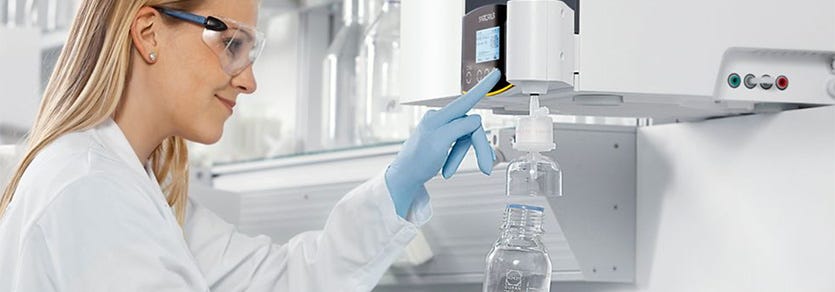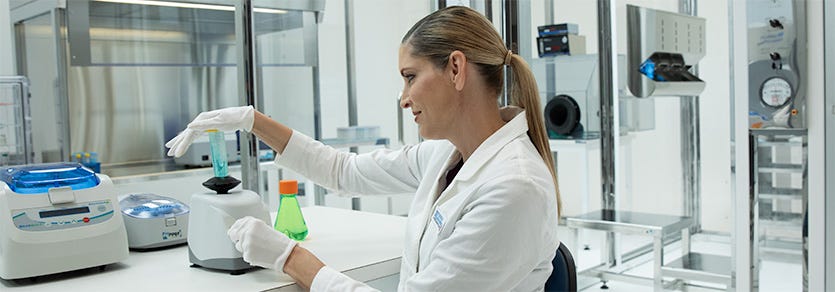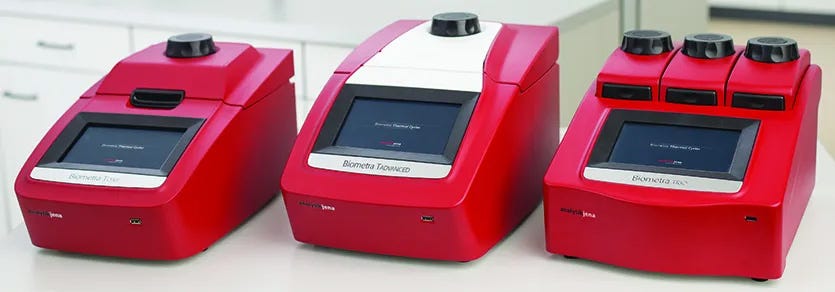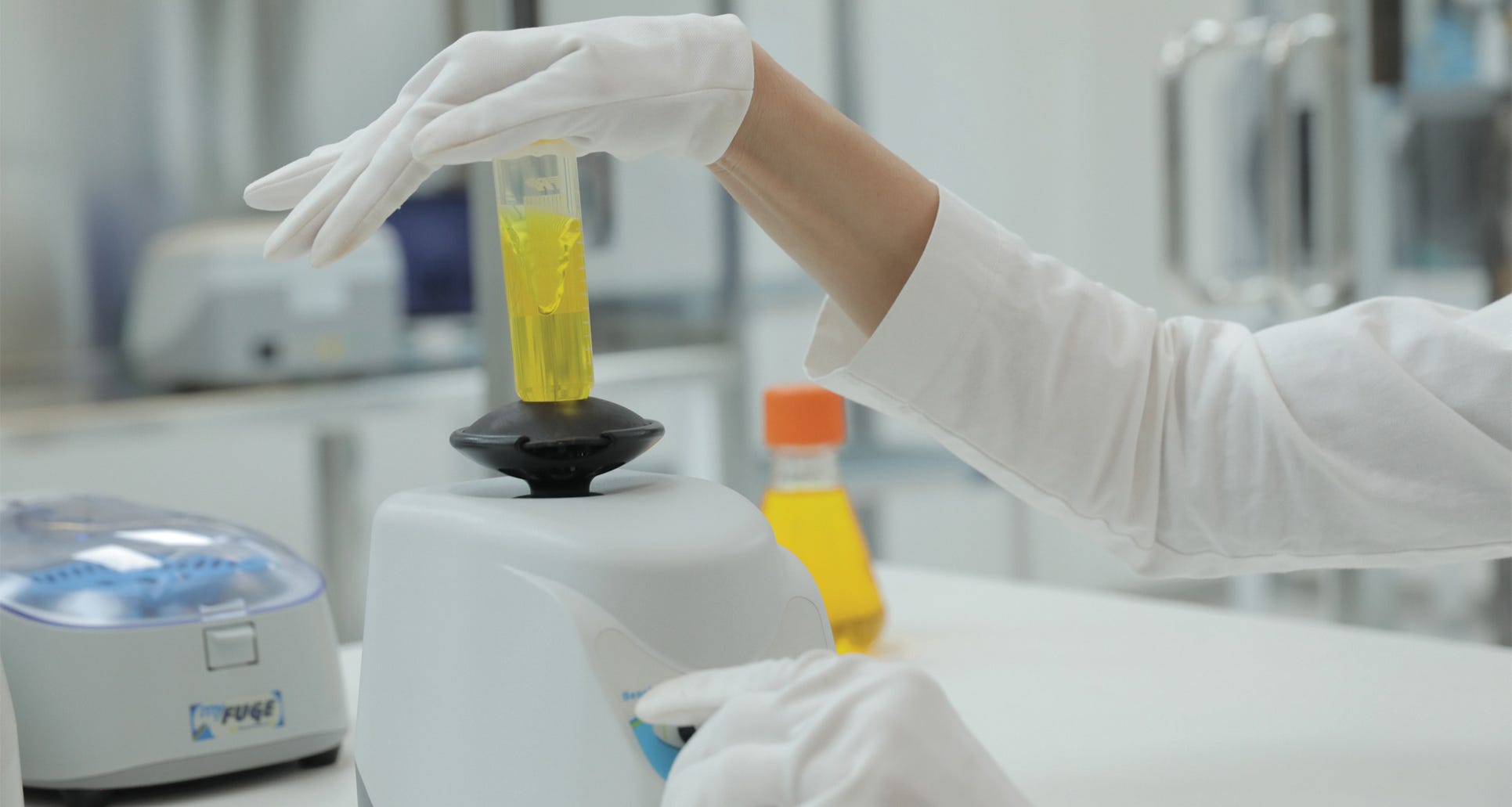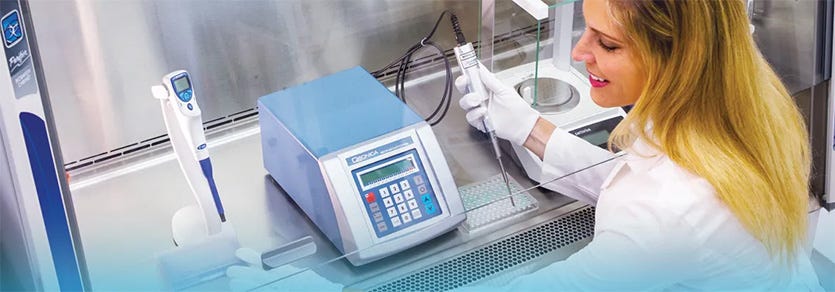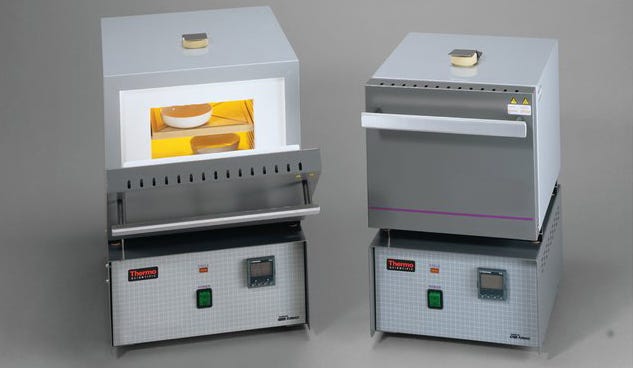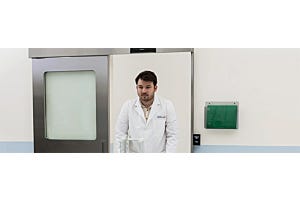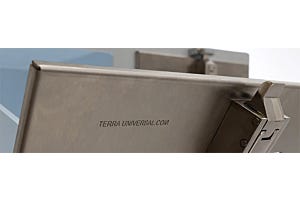Laboratory liquid handlers are a class of automated instruments used to dispense, transfer, dilute, or mix samples and reagents. Liquid handlers accurately handle small sample volumes, ranging from microliters to milliliters, and perform a variety of operations, including pipetting, mixing, and serial dilution.
Automated liquid handlers offer several benefits when compared with manual experimental prep.



